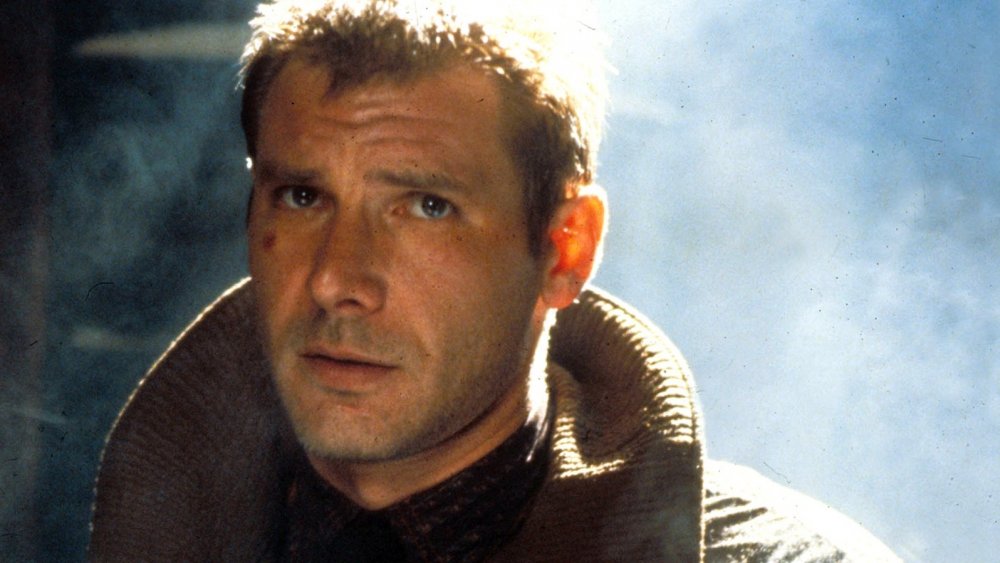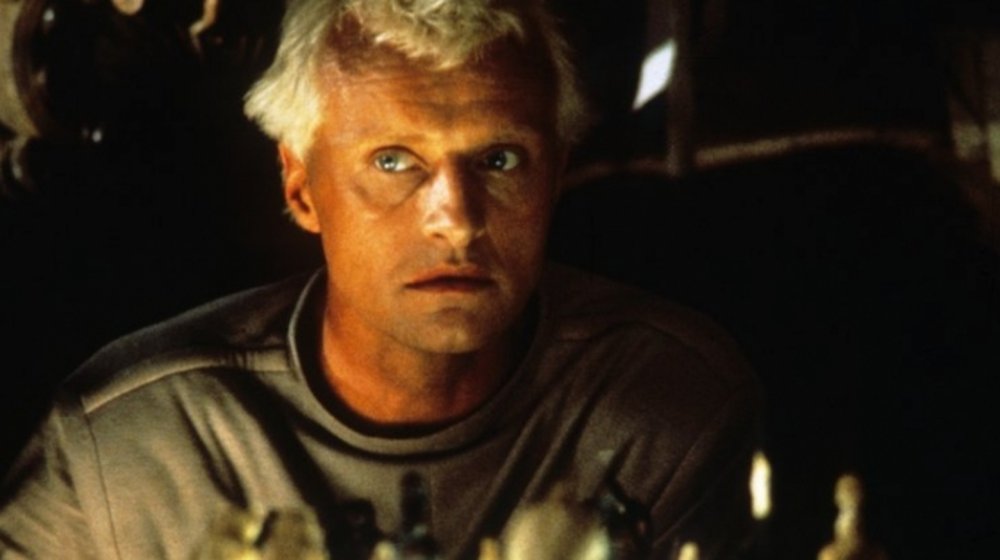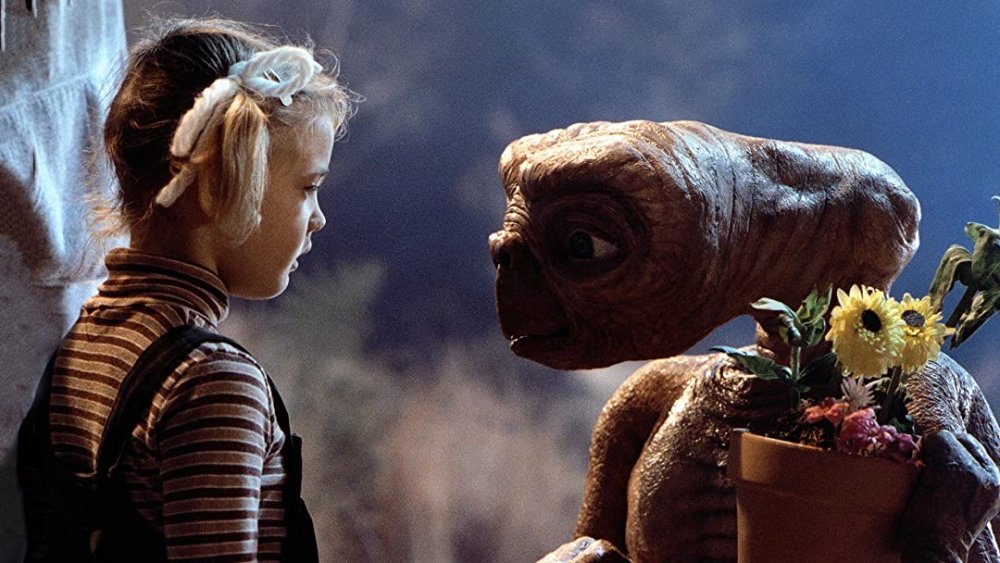The Real Reason Blade Runner Flopped At The Box Office
Blockbuster moviemaking is a constant tug-of-war between artistic integrity and commercialism, two very distinct considerations that don't necessarily overlap. What this means is that critically successful films aren't always the ones that make big money at the box office and vice versa. The undisputed king of this phenomenon is Sir Ridley Scott's science fiction classic, 1982's Blade Runner.
Nowadays, the Harrison Ford-led cyberpunk thriller is touted by just about everyone as a certified masterpiece. The film is not only one of Scott's finest works, but one of the best in all of American cinema. By modern standards, it's impossible to imagine the film being any kind of failure, but when it came to drawing in audiences during its theatrical run, people just weren't showing up for it. On a $30 million budget, it only raked in around $41 million by the time it left the big screen, meaning it didn't turn much of a profit for Warner Bros. in the end. Surprising? Maybe not. Here's why Blade Runner, one of the most well-regarded movies of the sci-fi canon, didn't reach its full money-making potential.
Blade Runner was too niche for general audiences
The key to making a solid, big-budget studio movie is to make it as accessible as possible to as many viewers as possible. In other words, hit movies tend to be broad. Movies like the Star Wars saga and those in the Marvel Cinematic Universe are so successful because they don't take themselves too seriously and seek to entertain everyone. The plot is easy to follow, the dialogue is simple, and the action sequences are plentiful, making for a light viewing experience. This is exactly where Blade Runner failed to perform. Scott really didn't have much interest in making a cookie-cutter film, and instead wanted to work his artistic muscles a bit.
Anyone familiar with Blade Runner, and even its 2017 sequel, Blade Runner 2049, can tell you how niche the movie is. The pacing is slow, the story is layered and often difficult to access, and the little action sprinkled across its roughly two-hour runtime isn't very extravagant. This isn't the kind of movie designed for the whole family to go out and enjoy together on a weekend, and most didn't.
The competition it faced in theaters was stiff
Not all of Blade Runner's commercial failings were intrinsic to the film itself. Sometimes a movie just has bad timing, and Scott's cyberpunk epic just so happened to find itself swimming in a sea of heavy-hitters when it first came out.
June of 1982 was a pretty big month for movie theaters, as some of the most significant titles in all pop culture made their arrival. The biggest of the bunch was Steven Spielberg's E.T. the Extra-Terrestrial, which opened on June 11 and dominated the box office alongside the likes of Star Trek: Wrath of Kahn and Conan the Barbarian. With so many new and exciting titles popping up on the marquee from week to week, there wasn't much room for the thoughtful, dreary Blade Runner or John Carpenter's The Thing to get a seat at the table.
None of these circumstances make it a bad movie, however. If a film's greatness was predicated on the kind of money it made in its initial theatrical run, Blade Runner wouldn't have the reputation it does today.


